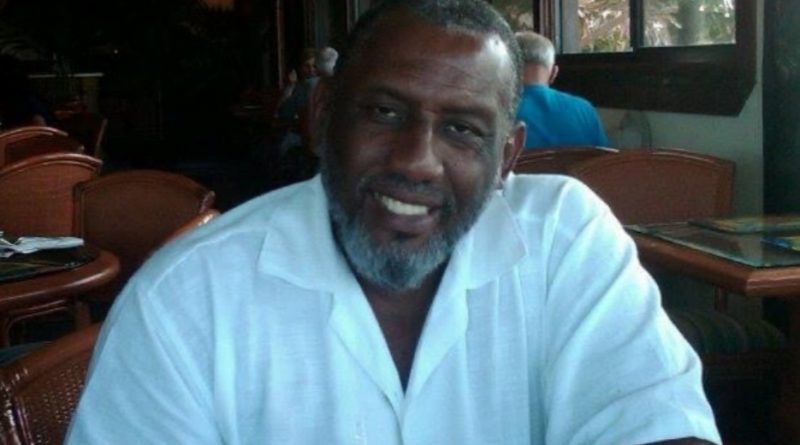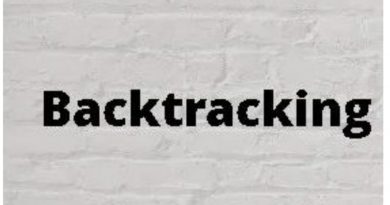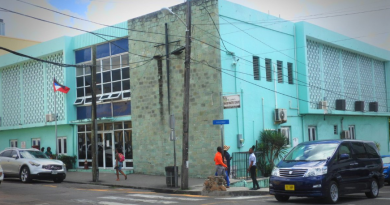Chaku defends residents’ right to picket according to the Public Order Act and says some policemen ‘have strong for’ the UPP
Leon Chaku Symister, an attorney-at-law, says that some high-ranking police officers continue to act politically whenever the United Progressive Party (UPP) exercises its right to picket on issues it deems of national public interest.
In the latest instance, Symister is referring to the actions of Clifton Cabral, assistant commissioner of police and head of the Criminal Investigations Department (CID), during the February 7 picket of the Prime Minister’s Office.
On Tuesday morning, Cabral sought to instruct the hundreds who had gathered to call for a public inquiry into the Antigua Airways/migrant-trafficking scandal, ordering them to move several yards away from the sidewalk directly in front of the office.
However, Symister, along with the picketers, shouted Cabral down, declaring they were aware of their rights, and refused to relocate farther than the roadway.
Symister charges that, since the 2014 General Elections when the Antigua Labour Party took office, certain members of the Police Force have decided to operate in a political fashion once a matter involves the main Opposition party.
However, he adds, the senior members of the Force who carry out the wishes of the political directorate are only a few in number.
Symister makes reference to another officer who used to harass the UPP and its supporters – and who has since found himself on the other side of the law, accused of fraud – and says that Assistant Commissioner Cabral appears to have taken over the mantle.
Meanwhile, the attorney says that Tuesday is not the first time the Police have sought to infringe on the rights of citizens in this way, and he notes that there is no law dictating where they should not picket.
He says the Public Order Act speaks to a public meeting and march, which – based on the law – cannot be held within a certain distance of certain buildings. However, he says, the Act specifically excludes picketing.
There is a history behind the Act, which was passed in 1973, Symister explains. The late Sir George Walter was premier of Antigua and Barbuda at the time, he says, and, in its drafting stages, specifically reserved picketing as an activity that should not be restricted.
He says that Cabral’s interpretation of the Act differs from that of the United Progressive Party. Accordingly, no one was surprised that he showed up in order to try to intimidate the picketers on Tuesday.
What is required, according to Symister, is that picketers do not obstruct vehicular or pedestrian traffic. Once persons abide by this stipulation, then they have a right to picket in the manner adopted by the UPP.
Symister says the UPP will not accept any illegal directive from members of the Force in the execution of their duty, and that officers should be impartial. And he recalls that, when the Labour Party was in opposition, it was allowed to stage many protest actions without hindrance.
In November 2021, Cabral threatened residents as they picketed the Ministry of Education on issues that included the longstanding E-book saga.
From the exchange, it appeared that the senior officer wanted the picketers to remove themselves from a public place, and he threatened them with the use of force if they failed to comply.




